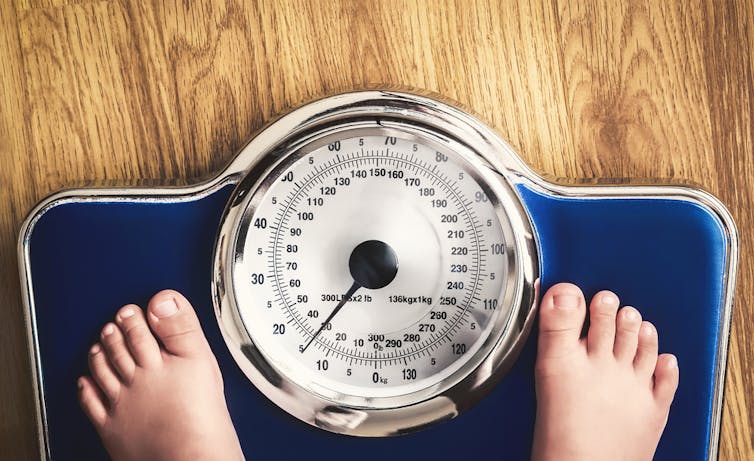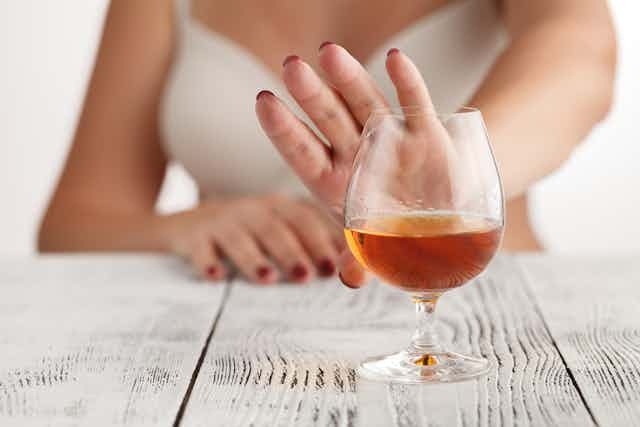Drinking alcohol while pregnant can have a devastating impact on the developing baby, leading to poor cognition and behaviour. Alcohol is also known to increase the risk of miscarriages, stillbirth and other placental complications. But what if a mother drinks before she knows she is pregnant? Health guidelines in the UK, US and Australia say it’s best to avoid alcohol throughout pregnancy. But this advice is offered with caution because of the lack of scientific evidence, so it is quite common for women to dismiss it.
A 2016 study found that up to 30% of Australian women drank alcohol in the early stages of pregnancy. The same study showed that 18% of women drank in binge quantities (five or more standard alcoholic drinks in one session) before they found out they were pregnant. Since about half of pregnancies, worldwide, are unplanned, and most women stop drinking after they find out that they’re pregnant, many babies could be exposed to alcohol early in pregnancy. We just don’t know what harm drinking around the time of conception might cause, so our new study in rats aimed to find out.
The study, published in Development, found that giving female rats alcohol in the very early stages of pregnancy can cause the foetuses to grow poorly. For the study, which I was involved in while at the University of Queensland, we gave female rats alcohol just before and after conception. The timing in pregnancy to humans relates to the week before conception and the first week of pregnancy. This is even before any of the baby’s organs have formed. While there are many differences between rats and humans, the period around conception is very similar.
This first week of pregnancy is important for the development of the embryo. The embryo’s genes start to express their own proteins and they form a placenta, which is needed to maintain a pregnancy. This makes it a sensitive time in pregnancy as the genetic program that controls the baby’s growth is susceptible to environmental changes.
Our research shows that alcohol can stunt the growth of the early embryo and the stem cells that become the placenta. After the rats were exposed to alcohol, the placenta was poorly formed and was not able to give the foetus all the nutrients it needed to grow. This effect was more severe in female foetuses than male foetuses.
The foetuses exposed to alcohol were also much smaller than those that didn’t receive any alcohol. This is a really important result, as human babies that are born small are at greater risk of diseases such as type 2 diabetes and high blood pressure in later life. They are also more likely to be obese. These diseases are not only detrimental to human health they are also a great burden to the public health system. Knowing how they are caused can inform public health policy and help prevent them.

Choline
Our latest study shows that the effects of alcohol on the embryo were due to a decrease in the amount of choline – an important nutrient. Choline is an essential nutrient, which means it is needed for the body to function normally. The liver makes small amounts, but most choline is obtained through your diet. Choline is found in foods such as beef liver, soybeans, eggs, broccoli and spinach.
Studies have shown that a higher dietary intake of choline around the time of conception is associated with a lower risk of neural tube defects in the baby. Neural tube defects, such as spina bifida, are abnormalities that occur in the development of the spinal cord and brain.
The next step for scientists at the University of Queensland in this research study is to give rats supplemental choline to see if it prevents the negative effects of alcohol during pregnancy. If it works, it might be a useful supplement for women who drank alcohol around the time of conception.

